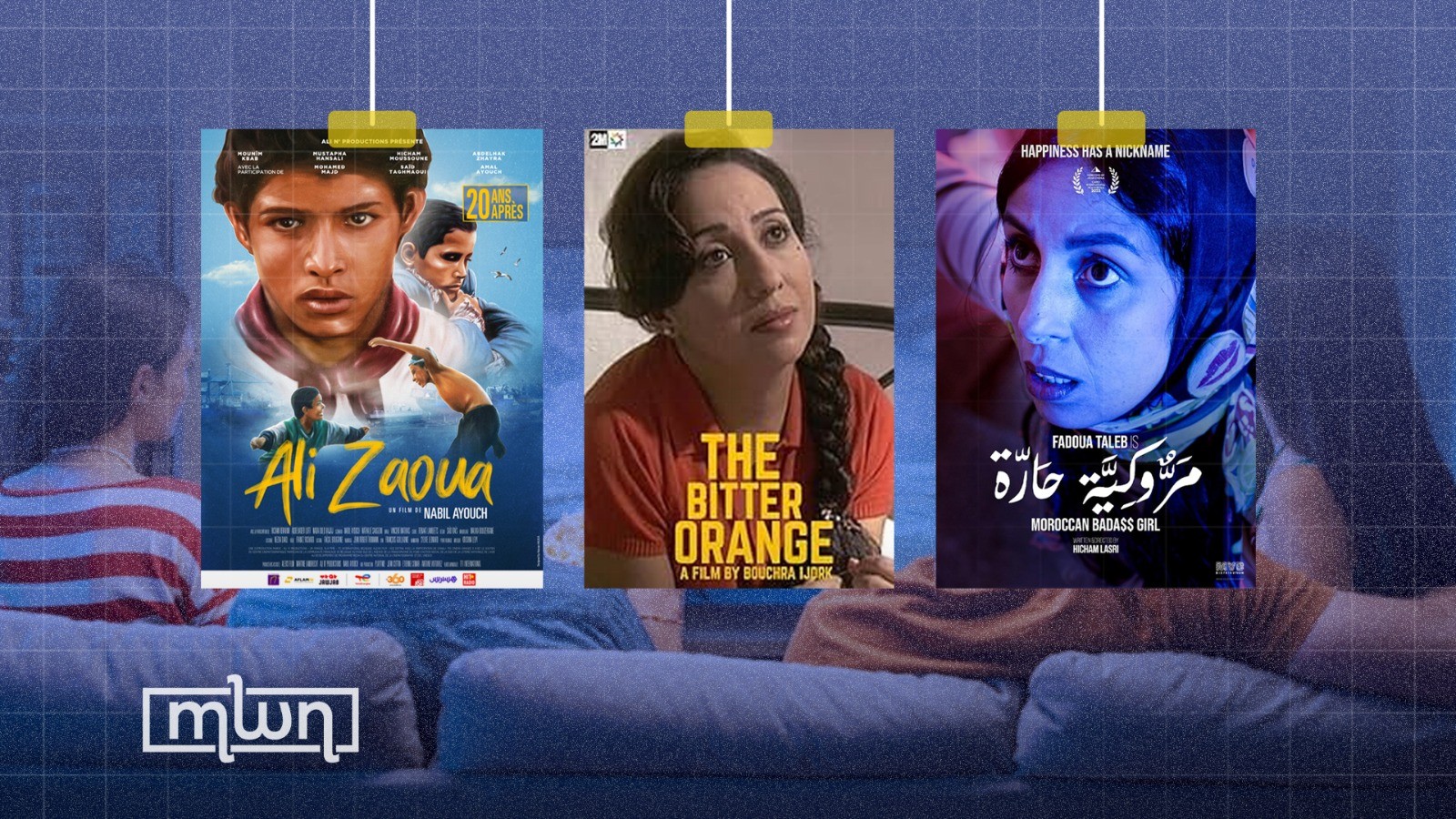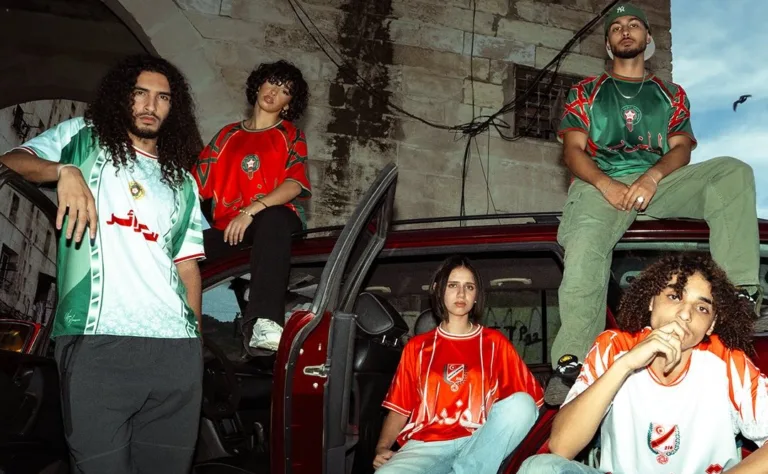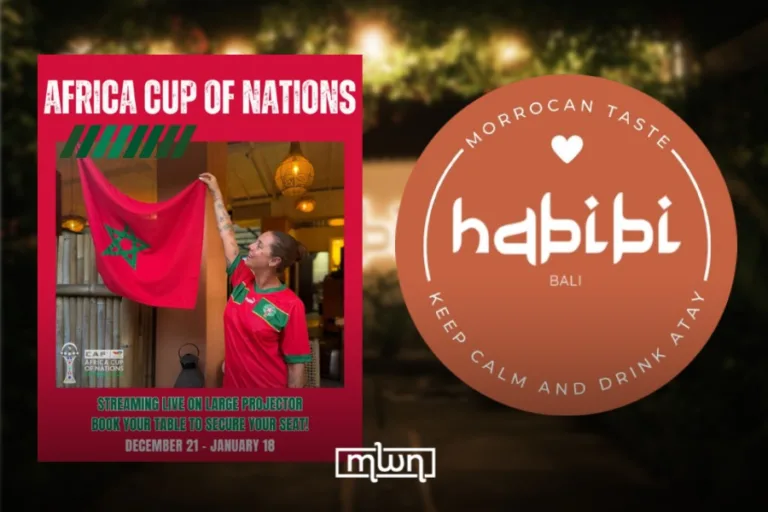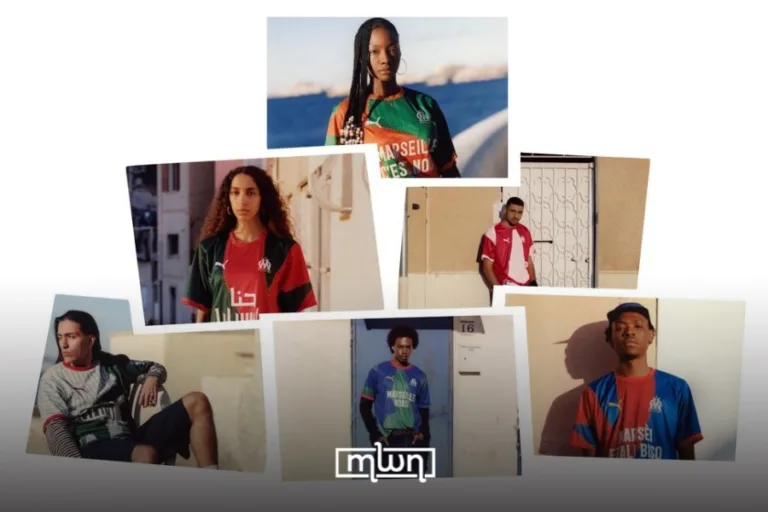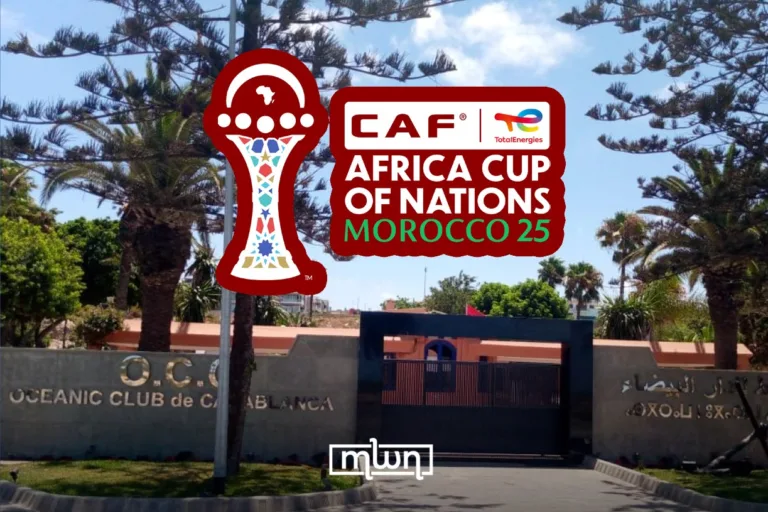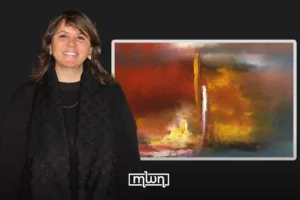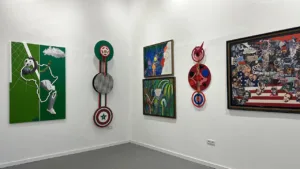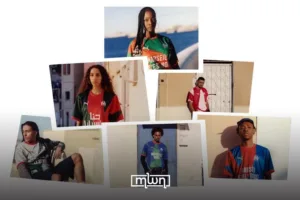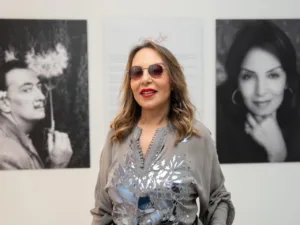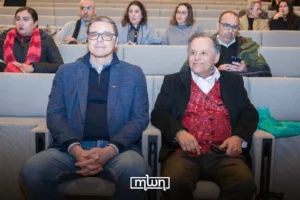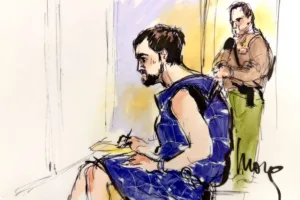Marrakesh – In the labyrinthine streets of Moroccan cinema, tales unfold like intricately woven carpets, each thread revealing a glimpse into the soul of the nation.
From the bustling markets of Marrakesh to the coastal tranquility of Essaouira, Moroccan filmmakers have carved out a unique niche, blending tradition with modern storytelling techniques that captivate audiences worldwide.
Ali Zaoua (2000)
In the heart of Casablanca, this movie paints a poignant portrait of resilience and camaraderie amidst adversity.
Directed by Nabil Ayouch, this 2000’s Moroccan crime drama delves deep into the lives of several homeless boys navigating the harsh realities of street life.
The film unfolds as a gripping narrative of friendship and survival, where a group of children, abandoned by society, find solace and belonging in their tight-knit gang.
When tragedy strikes and their leader turns against them, the group is shattered. The death of one of their own prompts a quest for dignity and closure, as the remaining boys strive to gather the means for a proper burial.
“Ali Zaoua” garnered international acclaim for its raw portrayal of marginalized youth and was recognized at prestigious film festivals including the 2000 Stockholm Film Festival, Montreal World Film Festival, and Amiens International Film Festival.
Moroccan Badass Girl (2023)
In today’s digital age, Moroccan cinema finds new avenues to reach global audiences, with “Moroccan Badass Girl” making waves on Netflix.
On the eve of her 30th birthday, Khadija Aka, known as “Kathy,” wakes up one morning to a stark realization of solitude and clarity that life hasn’t been gentle with her.
She discovers she’s been exploited by her family and fiancé.
Set against the vibrant backdrop of Casablanca, the film portrays a societal critique through an Arab woman who refuses to give up on her dreams, submit to social exploitation, or conform to societal norms regarding women.
The Bitter Orange (2007)
This Moroccan film was directed by Bouchra Ijork, starring Houda Rihani and Youssef Joundy, and set in Asilah during the 1980s.
Originally broadcasted on 2M television during Ramadan in 2007, the film tells the story of a young girl who, while picking bitter oranges, unexpectedly falls in love with a police officer.
However, their love takes a bitter turn when the officer’s existing marriage causes her deep anguish.
Ex-Shamkar (2010)
It’s a film where a group of homeless friends roam the streets of an unnamed city, their lives defined by hardship and uncertainty.
In a twist of fate, one of them experiences an overnight transformation into a billionaire.
Directed by Mahmoud Frites, the movie explores themes of friendship, wealth disparity, and the unpredictable nature of life.
Starring Said Bey, Rafik Boubker, Ghizlaine Alaoui, Hammadi Ammour, and Majdouline Idrissi, it delves into the complexities of societal expectations and the bonds that endure even amidst dramatic changes in fortune.
Cheers to Moroccan Cinema!
Beyond the narratives, Moroccan cinema is experiencing a renaissance, with filmmakers exploring diverse themes and pushing artistic boundaries.
From the ancient medinas to the modern metropolises, each film offers a window into Morocco’s multifaceted identity, celebrating its rich cultural tapestry and inviting audiences to explore the nuances of its society.
It’s a journey that transcends borders, inviting viewers to immerse themselves in stories that resonate with the universal human experience.
Whether exploring the grit of urban life or the tranquility of rural landscapes, each film captures a moment in time, weaving together threads of tradition, modernity, and the timeless quest for meaning.
Moroccan movies are not just about entertainment; they are windows into a culture rich in history, diversity, and resilience.
As you delve into these cinematic gems, prepare to be captivated, moved, and enlightened by the stories that unfold on screen.

